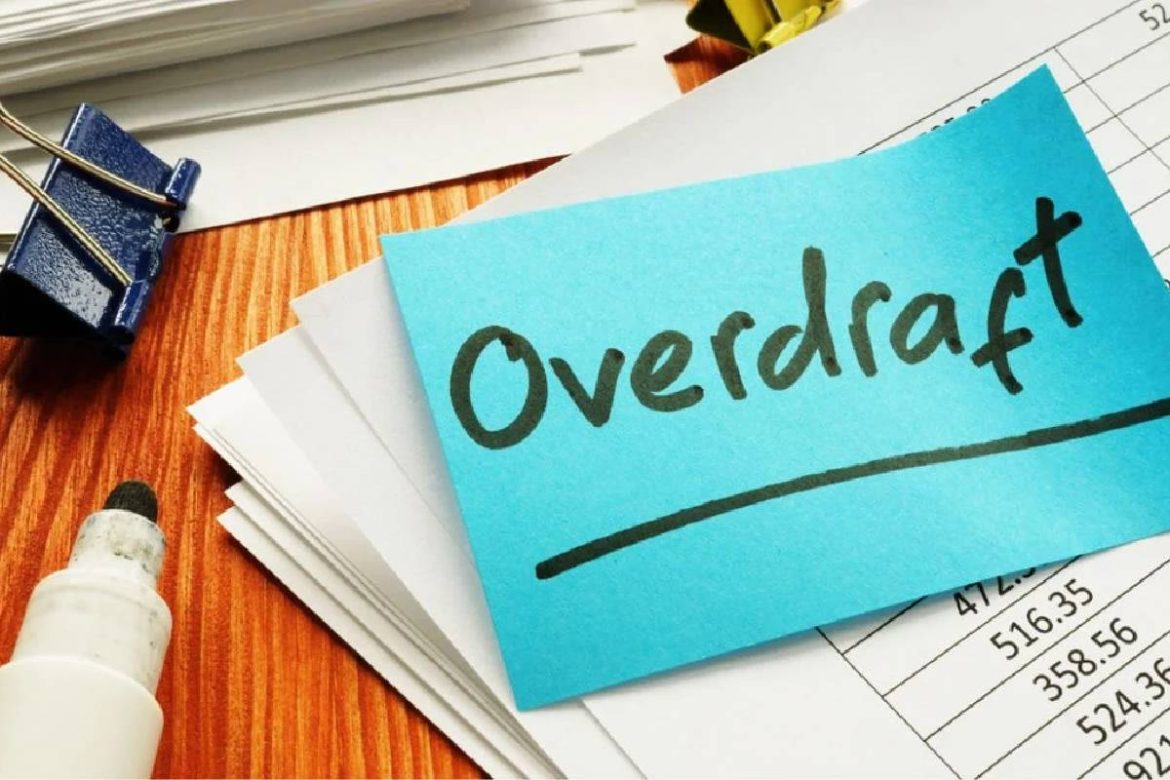Life is unpredictable and can throw you a curveball when you least expect it. Be it in the form of a financial emergency or a natural calamity, this unpredictability can result in many financial liabilities.
If you have an emergency fund, you may find it easier to tackle unexpected expenses. However, at times, these liabilities may prove too much for your emergency fund as well.
Fortunately, there are various credit facilities available to help you get back on your feet. Out of these credit facilities, overdrafts and loans are two options that are widely popular.
There’s a common misconception that both of these types of credit mean the same thing, however, they are actually quite different from each other.
In this blog, we will examine the key differences between overdraft vs loan credit options.
Let’s get started!
Table of Contents
1) Purpose
Overdrafts are used to meet short-term cash flow needs and manage day-to-day expenses. By allowing account holders to withdraw funds that exceed their account balance (up to a certain limit), they provide flexibility. As such, overdrafts are great for short-term financial transactions when you can repay the money quickly.
In comparison, loans are used for specific purposes and major purchases such as a car, a home or unexpected financial crises. They provide a lump sum amount given for a specific purpose and have set terms and repayment schedules. With loans, you can plan your expenditure and cash flow more easily, however, they remain less flexible than an overdraft.
2) Time Duration
Overdrafts do not have a fixed duration, they are available as long as you stay within the agreed limit and are able to meet the bank’s conditions. They are a short-term credit facility and can be cancelled or adjusted by the bank at any time.
Loans have specific terms that can range from months to years and even decades. Typically, your repayment period depends on the type of loan you take out. As a borrower, you will need to adhere to the repayment schedule decided at the time of borrowing.
3) Fund Disbursal
Once the overdraft limit is approved, your overdraft funds will be readily accessible. As such, overdrafts provide quick access to cash whenever you need it. As an account holder, you can withdraw these funds through ATM withdrawals, electronic transfers or checks.
Comparatively, accessing funds through loan application may take longer. More often than not, loans involve a formal application process wherein the funds are only disbursed after approval. Lenders often need to verify your application and conduct credit checks meaning the disbursal of funds can take anywhere from a few days to multiple weeks.
4) Interest Calculation
With overdrafts, the interest is generally calculated on a daily basis and billed to your account at the end of the month. Set by the bank, overdraft interest rates are often higher than loan interest rates due to their convenience and quick access to funds.
In comparison, the interest for loans is calculated based on the complete amount borrowed over the loan term. With loans, the interest rates can be fixed or variable, depending on your selected loan.
5) Repayment Method
Overdrafts require account holders to repay the overdrawn amount alongside interest accrued as soon as possible, typically when funds are available in the account. While there is no fixed repayment schedule, banks may instate periodic settlements to reduce the overdraft balance.
Conversely, loans have more structured repayment schedules with regular payments including the principal amount as well as interest. Moreover, if you miss a loan payment, it could result in additional fees or negatively impact your credit score.
6) Tax Benefits
Interest paid on certain types of loans may be tax-deductible. For example, mortgage interest under a set of specific conditions. As a result, this provides tax benefits to borrowers and reduces their taxable income.
Unlike loans, overdrafts do not qualify for tax deductions as they are tied to personal banking transactions.
If you plan on borrowing money, it’s best to consult a tax advisor before you do so to understand the tax implications of different types of loans and overdrafts.
7) Impact on Credit Score
When it comes to overdrafts and loans, both can impact your credit score in different ways.
If you manage your overdrafts responsibly and within the approved limit, you will find that there will be minimal effect on your credit score. However, if you consistently max out an overdraft or exceed the approved limit, it can negatively impact your creditworthiness.
On the other hand, loans follow a more structured borrowing arrangement. When you apply for a loan, many lenders conduct a hard credit check that can temporarily lower your credit score. However, by making your loan payments on time, you demonstrate reliability and positively influence your credit score.
Similarly, missing payments or defaulting on your loan will harm your credit score and can remain on your credit report for several years.
To Wrap Up
As you can see, there are many differences between overdrafts and loans, but both are important sources of revenue.
However, between overdrafts vs loans, which is the better choice?
Well, this entirely depends on why you need the funds alongside your employment status. If you have a good credit score and require funds for a specific purpose, such as buying a home or a car, a loan will help you do so.
However, if you are an individual or businessperson with a current account, an overdraft may be more appropriate for satisfying your short-term fund requirements. With an overdraft, you can easily manage your day-to-day needs.
While both overdrafts and loans provide financial aid in times of need, you need to manage your finances properly and follow responsible borrowing practices to attain financial stability.

